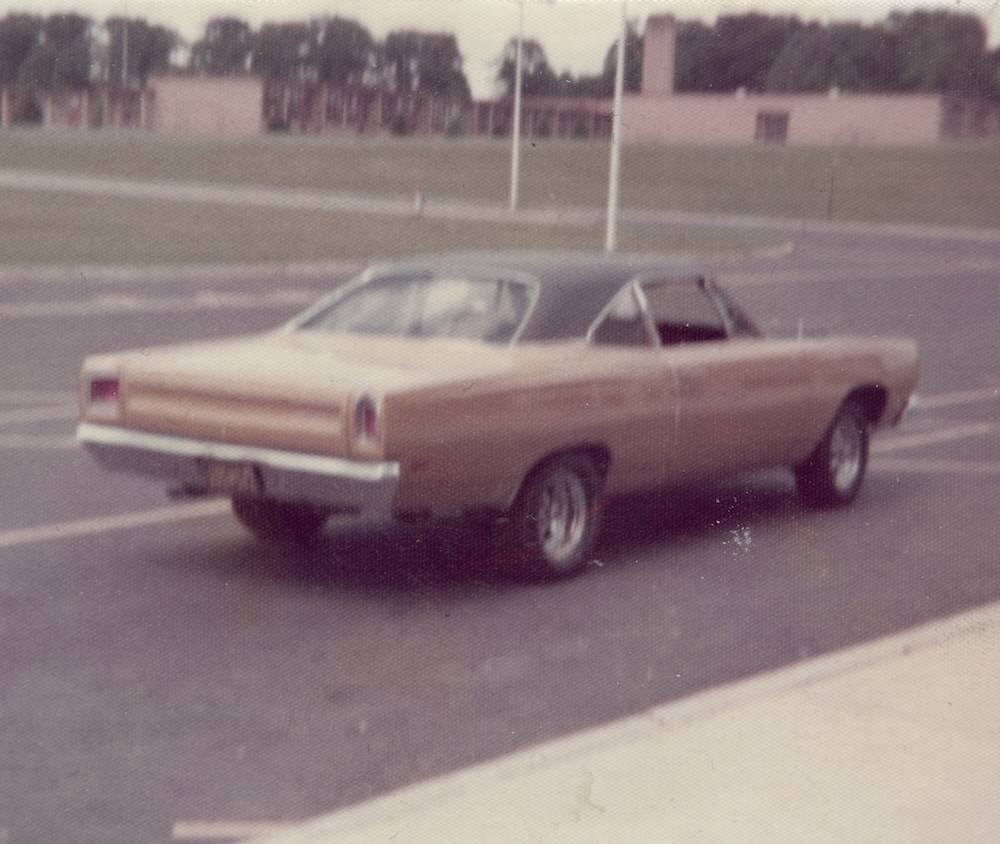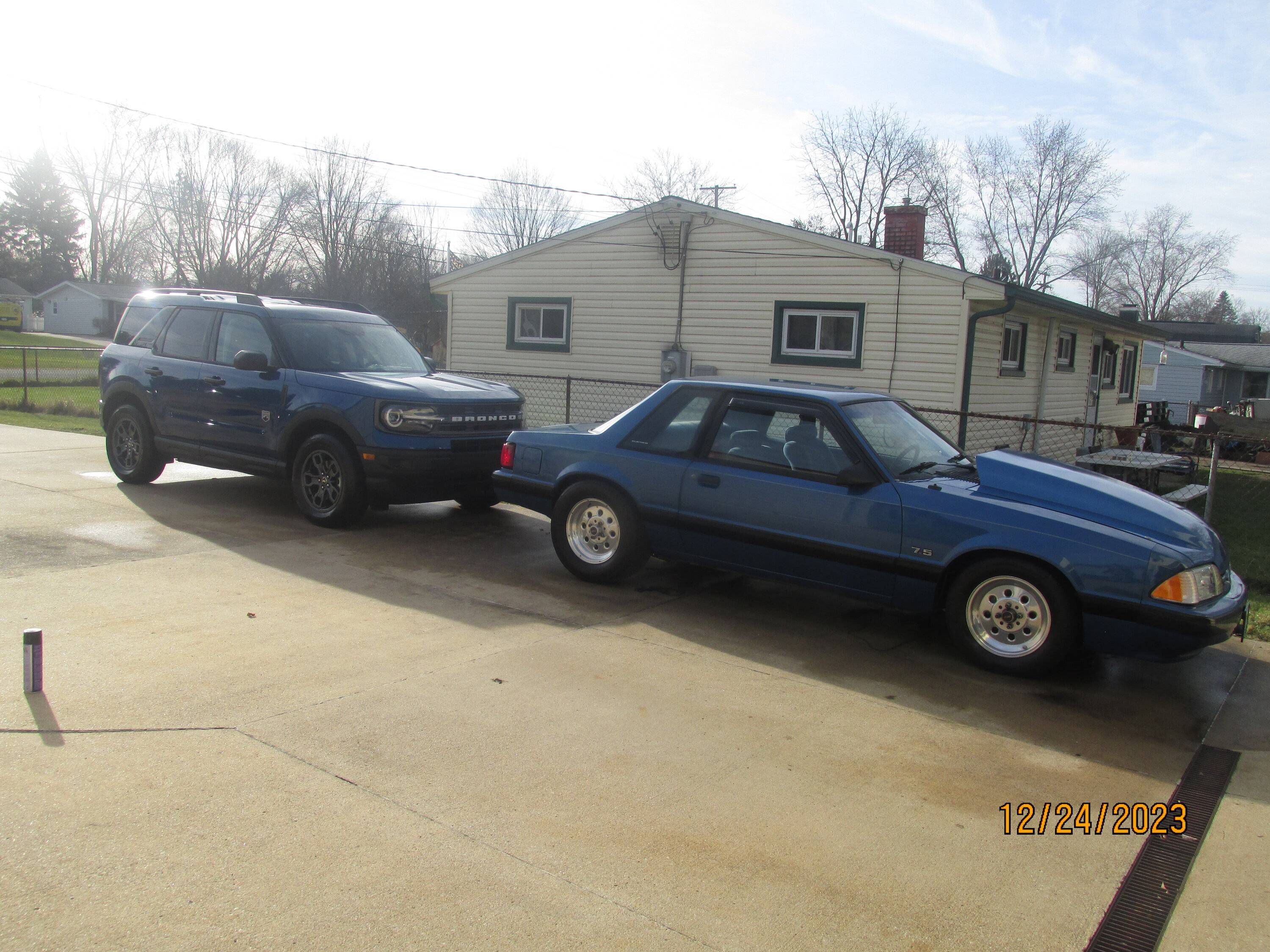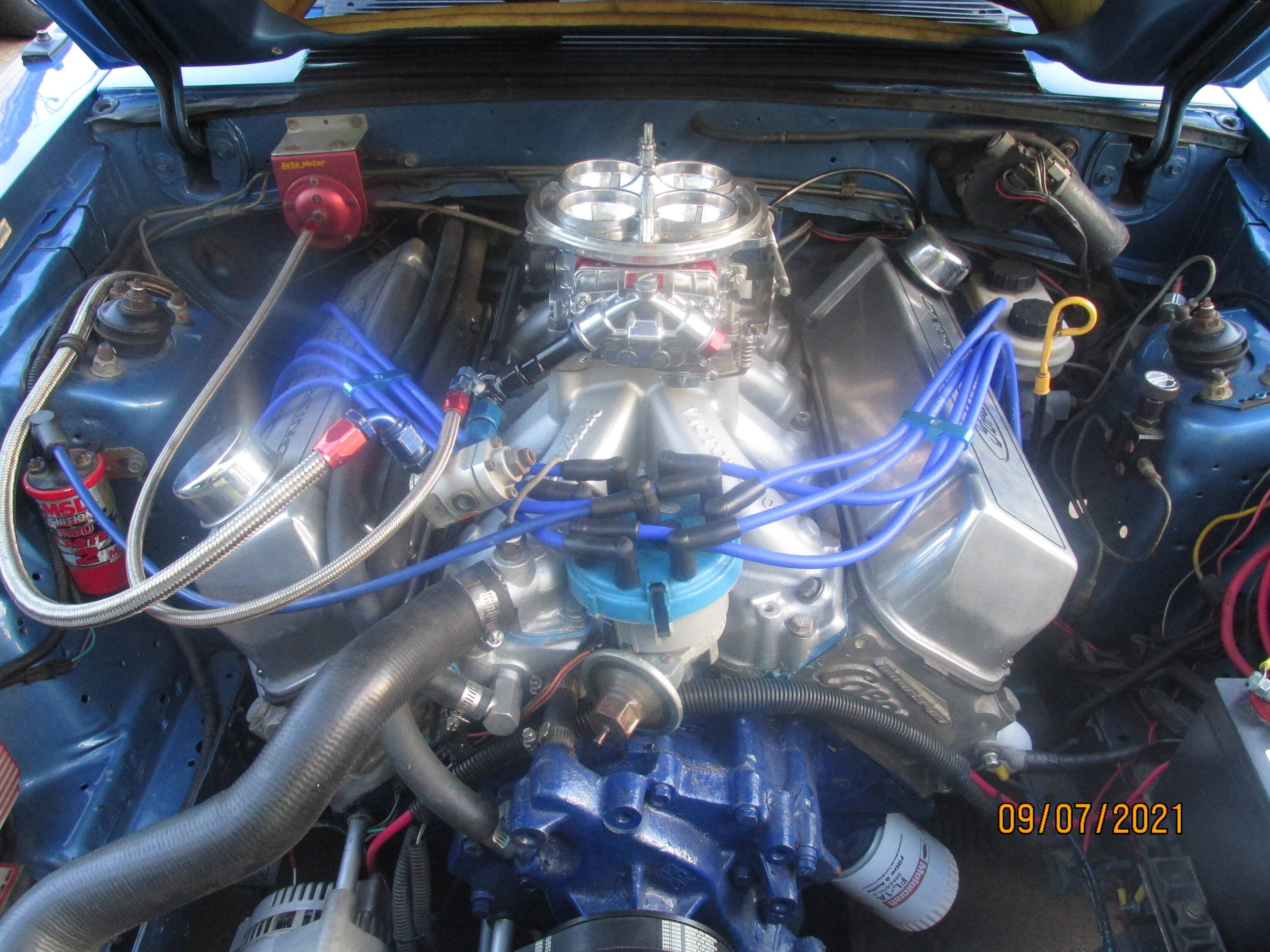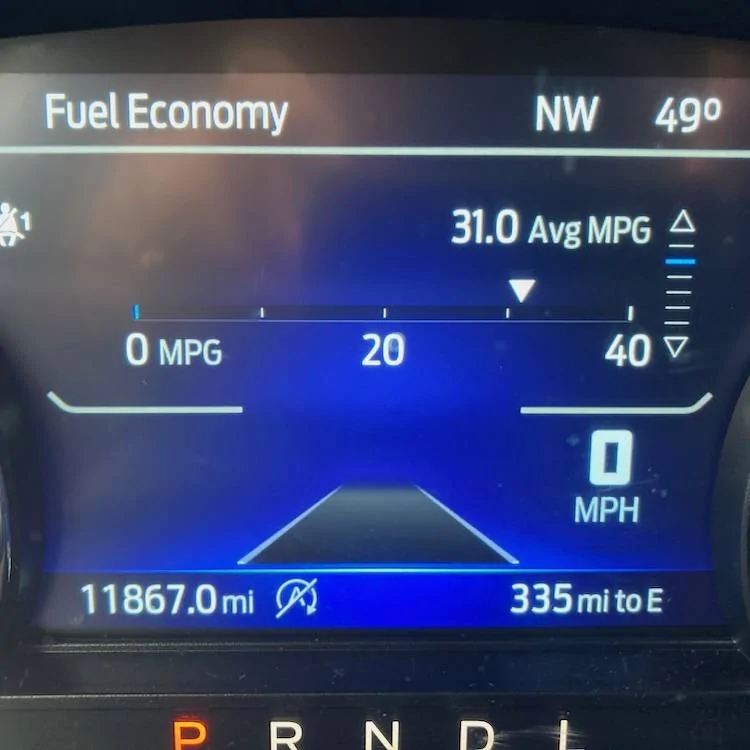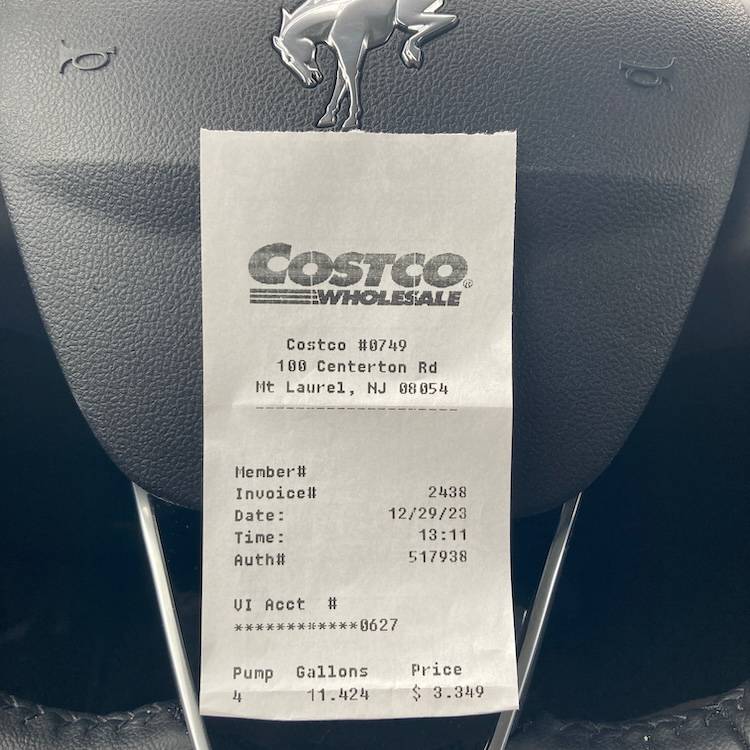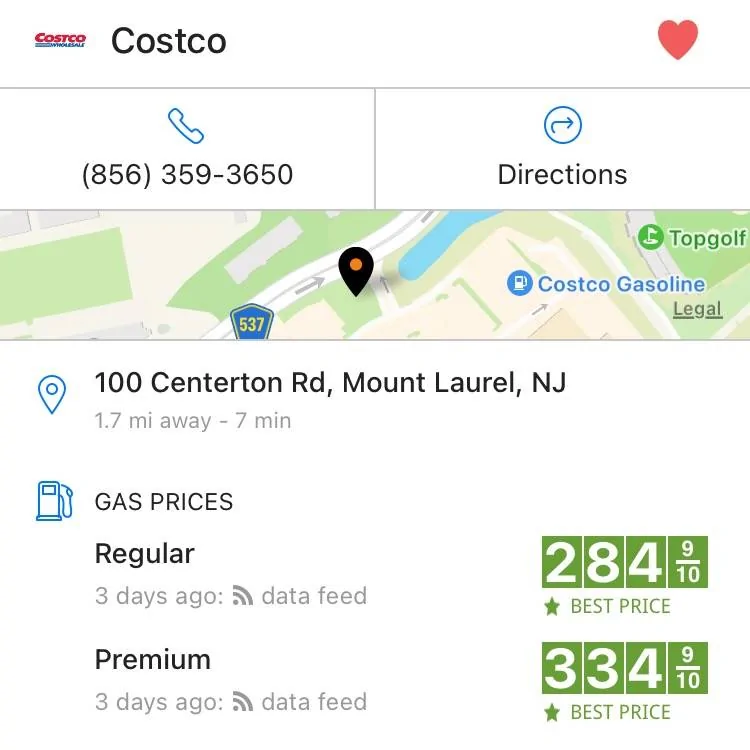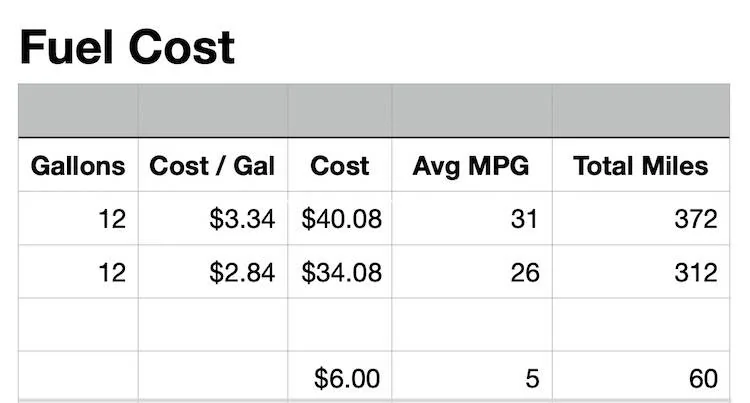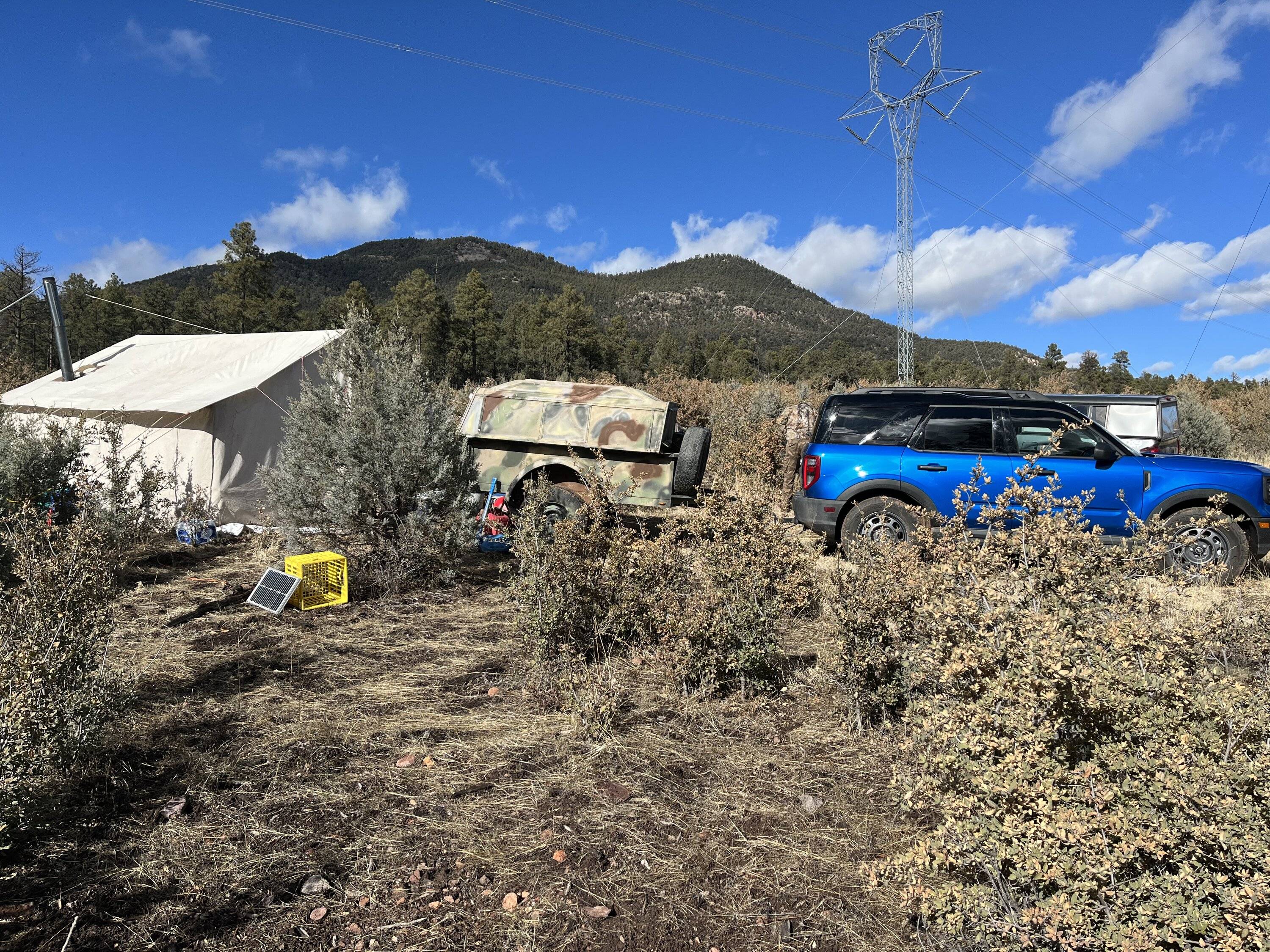- First Name
- Sherman
- Joined
- Dec 1, 2021
- Threads
- 30
- Messages
- 1,854
- Reaction score
- 1,937
- Location
- MIDDLETOWN, MD
- Vehicle(s)
- '22 Badlands ordered 12/17/2021 - Arrived 3/25/22
To clarify -- we are in agreement. I did not write the statement above. It is a quote from the questionable article that was linked to. That's why I wrote, "The article about driving a turbocharged vehicle was a bit strange." I should have highlighted that I guess. In fact, I think I'll do that.sajohnson said:
One way to combat engine overheating is to warm up your engine pre-drive and let it cool down post-drive. The motor oil in your engine takes a few minutes to warm up after you turn on the ignition. Once warm, the motor oil flows through the engine bay and lubricates the internal components, including the turbo's bearings. If you drive before the oil warms up and lubricates the turbo bearings, you can unnecessarily wear down your turbo."
~~~
I agree a warm up is a good idea, but there's no need to let the car idle for extended times to achieve it. The oil specification for our cars is 5W30 in the case of the 2.0L, and 5W20 for the 1.5L. Oil that meets this spec has the viscosity of 5 weight oil when cold, which means it flows readily. That means the turbo bearings are receiving an oil bath within 10-30 seconds of engine start at temperatures you are likely to see in the USA (Alaska excluded). For warm up my advice is to start the engine, put on your seat belt, adjust your mirror, connect your phone and choose the programming of choice. That will provide ample time for oil to circulate to all critical engine parts. Then, take it easy for the first 5-10 minutes (depending on outside temperature) to allow the metal parts of the engine to warm up. After 10 minutes or so you should be good to go.
I disagree about the need to "cool down" the engine in any way. This is a hold over from older turbocharger installations that relied solely on oil to cool the turbine bearings. For those cars, shutting off the engine without allowing the bearings to cool would result in burning--or coking--the oil near them. Oil coking will eventually interfere with bearing operation and eventual turbine failure. This is not a danger with our modern EcoBoost engines.
The turbines in our cars are kept cool using the same coolant that keeps the rest of the engine cool. That means unless you are operating the engine at high power demand for extended time (race conditions) the turbine bearings will never get hot enough to coke the oil. That means there is no need to idle the engine prior to shut down--it's just a waste of gas.
There are many factual errors in that article. I just posted a few, rather than going through it and disputing everything.
The NMA (National Motorists Assoc.) was (is?) publishing articles similar to that. IDK if they are AI-generated, or perhaps written by a younger, inexperienced person, but because I a) am a technician (although not automotive), b) have been working on cars for going on 50 years; and c) subscribed to the 'big 3' car magazines for decades -- the articles rubbed me the wrong way. Some of the writing was just awkward, some was misleading, and some was just plain wrong. I contacted the NMA a couple times to point out the errors and suggest that they might want to find other sources. The woman in charge was very nice and intelligent but (by her own admission) knew very little about cars, so she was unaware of the issues with the articles.
It's becoming a big problem. People are pumping out sometimes nonsensical fluff/filler to generate traffic to websites.
Sponsored
Last edited:

